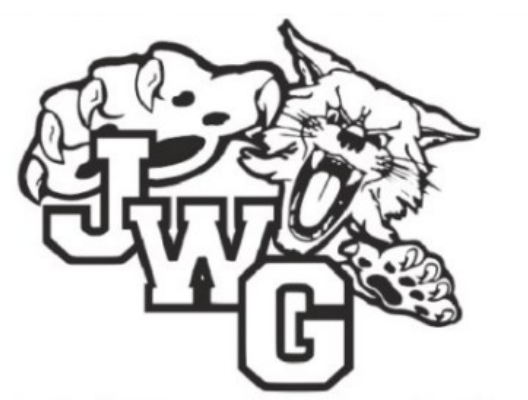Compulsory Courses
English Language Arts
The goal of English language arts is not only to develop language and literacy skills through listening, speaking , reading, writing, viewing and representing. It also fosters positive attitudes about literacy and about self as a language learner, where students set goals and reflect on their learning within a caring community of learners. Within authentic literacy-rich learning contexts, students talk about, engage with and create a wide range of oral, print and media texts.
Mathematics
The main goals of mathematics education are to prepare students to:
- use mathematics confidently to solve problems
- communicate and reason in mathematics
- appreciate and value mathematics
- make connections between mathematics and its applications
- commit themselves to lifelong learning
- become mathematically literate adults using mathematics to contribute to society
Learning outcomes are organized into four strands: number, pattern and relationships, shape and space, statistics and probability
Physical Education and Health
The aim is to provide students with planned and balanced programming to develop the knowledge, skills and attitudes for physically active and healthy lifestyles. The vision is physically active and healthy lifestyles for all students. Physical education and health has five genera outcomes: movement, fitness management, safety, personal and social management, healthy lifestyle practices.
Science
The “Five Foundations for Science Literacy” are the primary underpinnings of the science curriculum and provide the framework upon which both the general learning outcomes and specific learning outcomes are based: nature of science and technology, science technology, society and the environment (STSE), scientific and technological skills and attitudes, essential science knowledge, unifying concepts.
Social Studies
Social studies is the study of people in relation to each other and to the world in which they live. Social studies comprises the disciplines of history and geography, draws upon the social sciences and integrates relevant content from the humanities. As a study of human beings in their physical, social and cultural environments, social studies helps students acquire the skills, knowledge and values necessary to become active democratic citizens and contributing members of their communities, locally, nationally and globally.
Basic French
The overall goal is to encourage the learning of French as a means of communication and to make it an integral part of the pupil’s overall education. The curriculum is designed to expose students to French language and culture and to encourage future study and mastery of the language.
Arts Education (Band/Art)
The essential goal of arts education is to develop the student’s artistic self. This is achieved by enabling students to:
- acquire language and skills specific to arts disciplines
- explore and express ideas through artistic creation
- understand artworks and ideas from many cultural and historical contexts
- value and construct meaning from a wide range of artworks and experiences
Applied Arts
Home economics consists of nutrition and foods, clothing and textiles. These are designed to give students practical experience in these areas. Industrial arts includes electronics adn metal working. The intent is to give students introductory awareness in the use and care of basic hand and power tools.
Outdoor Environmental Education (OEE)
OEE classes are extensions of the science and physical education/health programs. Students are provided with opportunities to develop skills that will enable them to live, work and play safely.
Literacy with Information and Communication Technology (Literacy with ICT)
Literacy with ICT is the ability to find, evaluate, use and share information by thinking critically, creatively and ethically. It is also about when, why and how to use ICT in responsible ways.
 John W. Gunn Middle School
John W. Gunn Middle School